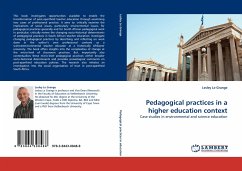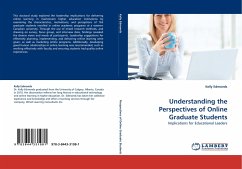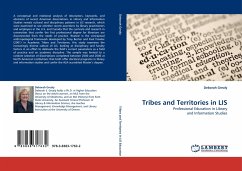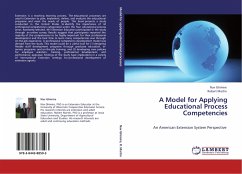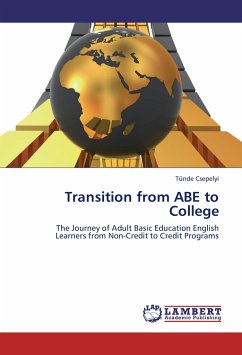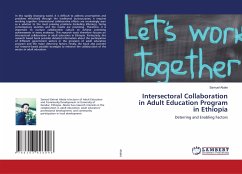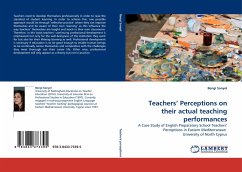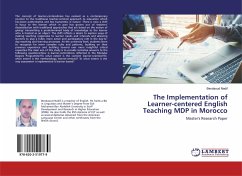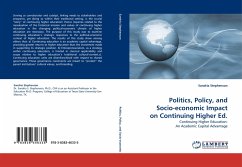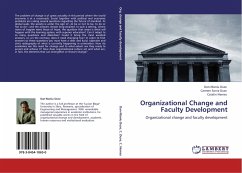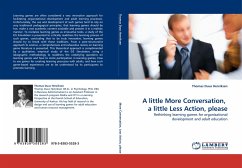
A little More Conversation, a little Less Action, please
Rethinking learning games for organisational development and adult education
Versandkostenfrei!
Versandfertig in 6-10 Tagen
52,99 €
inkl. MwSt.

PAYBACK Punkte
26 °P sammeln!
Learning games are often considered a very innovative approach for facilitating organizational development and adult learning processes. Unfortunately, the use and development of such games tend to rely on very traditional pedagogical principles; that learning games should be fun, make a vast academic content available and present it in a realistic manner. To revitalize learning games as innovative tools, a study of the EIS Simulation is presented to critically readdress the learning process of such games, concluding that to be truly innovative, learning games should try to break with those tr...
Learning games are often considered a very innovative approach for facilitating organizational development and adult learning processes. Unfortunately, the use and development of such games tend to rely on very traditional pedagogical principles; that learning games should be fun, make a vast academic content available and present it in a realistic manner. To revitalize learning games as innovative tools, a study of the EIS Simulation is presented to critically readdress the learning process of such games, concluding that to be truly innovative, learning games should try to break with those traditions. From a post-structuralist approach to science, a comprehensive and exhaustive review on learning game literature is presented. This theoretical approach is complimented by a qualitative, empirical study of the EIS Simulation, using a labographic methodology to readdress the underlying questions on learning games and how to incite participation in learning games, how to use games for creating learning processes with adults, and how such game-based experiences are to be understood by its participants to promote learning.



